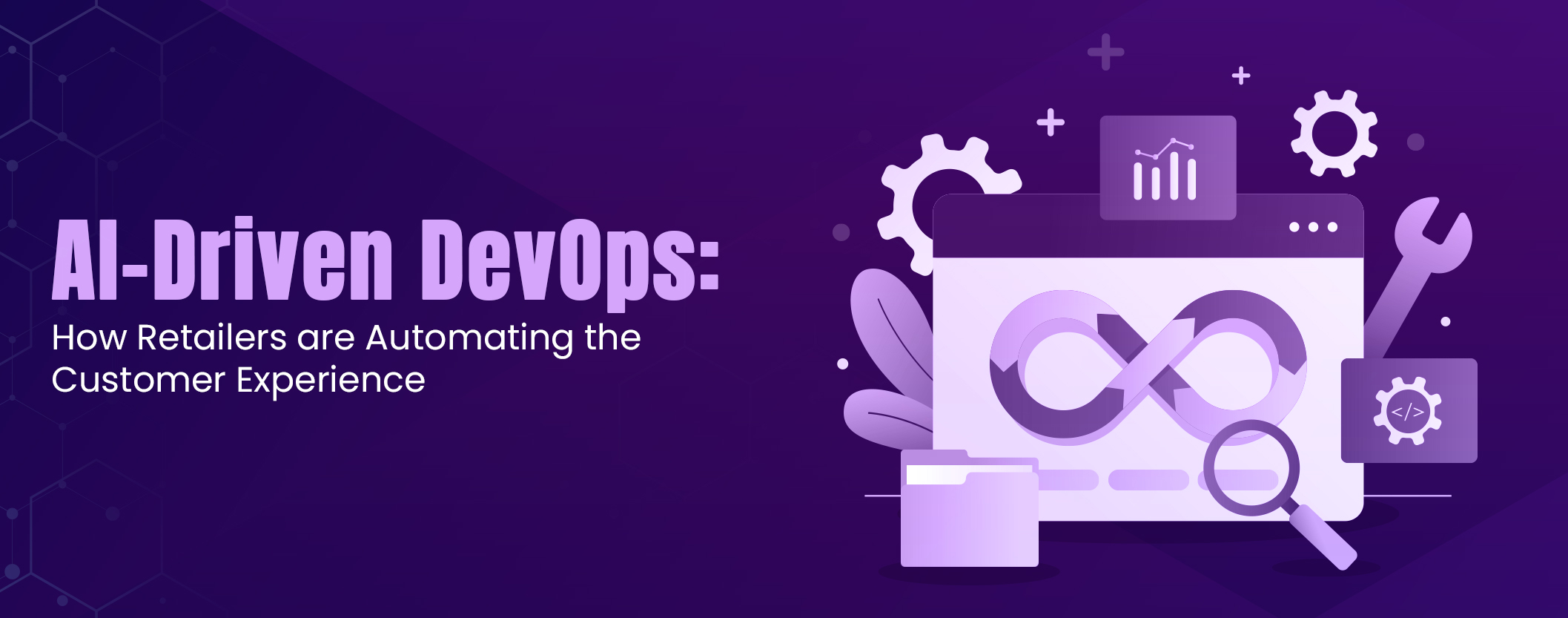DevOps represents a new perspective in software development that connects development and operations for more efficient collaboration. For the effective implementation of DevOps services and solutions, important metrics and Key Performance Indicators (KPIs) are needed. Such metrics and KPIs help teams monitor their progress and performance.
What are Key Metrics and KPIs?
Metrics help teams understand processes. KPIs give insight into DevOps practices and are the best measure of success. The right KPIs align the business goals and decisions to promote good outcomes.
Key Metrics and KPIs for DevOps:
-
Deployment Frequency
Deployment frequency is a measure of how frequently code is deployed. High-frequency deployments reflect a healthy development process, which means that rapid feedback leads to improvement afterward. -
Lead Time for Changes
This measures the time it takes to commit code to deployment. A short lead time allows for faster feature delivery and is reflective of the efficiency through which development occurs.
-
Mean Time to Recover (MTTR)
MTTR is the rate at which a system recovers from failure. The faster the recovery times, the greater the system reliability. MTTR is important for the preservation of trust between the users and the deployed system.
-
Change Failure Rate
This will measure the percentage of changes that failed. Low failure rates denote a robust process. Minimizing failure rates helps reduce downtime and maximise user experience.
-
Customer Satisfaction Score
This plays a vital role in achieving success. The metric measures users’ satisfaction with the product. Higher scores denote effectiveness in obtaining DevOps practices.
Benefits of Tracking Metrics
Tracking DevOps metrics has several advantages. First, it enhances visibility into the process. Sometimes, bottlenecks can be found and optimized. Metrics foster a culture of continuous improvement. They also enable data-driven decision-making and enhance collaboration.
How Important is the CI/CD Pipeline
This pipeline defines success in DevOps. Continuous Integration (CI) refers to testing and integrating code with automation. Continuous Deployment (CD) ensures seamless code delivery through automation. A well-defined pipeline streamlines development processes and enables teams to deliver features faster with much higher quality.
Key Metrics and KPIs for the CI/CD Pipeline
-
Build Success Rate
This metric records the percentage of successful builds. High success rates mean code quality and effective testing. Checking the build’s success helps to identify early issues.
-
Test Pass Rate
Test pass rate represents the percentage of successful tests. High pass rates ensure code quality and functionality. It reflects the effectiveness of the testing process.
-
Time to Market
This is the time it takes to deliver features. Shorter times to market indicate efficiency in development, which helps the organization respond quicker to market demands.
-
Rollback Rate
Rollback rate tracks the frequency of code rollbacks. High rollback rates indicate problems with code quality. Reducing rollbacks improves overall deployment success.
Choosing the Right DevOps Services and Solutions
To be successful in your quest for DevOps, you should identify the appropriate DevOps solution providers providing customized solutions to fit your exact needs. A good provider will help streamline processes and improve collaboration.
-
Role of DevOps Consulting Services and Solutions
Proper expertise in DevOps consulting services and solutions enables companies to adopt best practices in DevOps. These consulting services assess current processes, identify areas of improvement, and assist the teams in aligning metrics with business goals. Therefore, they lead to successful implementations and deliver better outcomes.
-
Partner with a DevOps Services Provider
Choose a reliable one. A trusted partner brings expertise and experience, with a deep understanding of industry standards and best practices. A DevOps provider is always the key to successful collaboration and implementation. They help boost the productivity of your team while fueling innovation.
-
Continuous Improvement Through Metrics
The basis of DevOps is continuous improvement. Metrics help teams know what to do. They indicate where something could be the problem and deserve improvement. Regular inspection of metrics encourages growth culture. Teams can adjust their practices through data insights.
-
Alignment with Business Goals
Match the metrics to business objectives. Metrics should reflect the organization’s intentions, helping the teams focus on doing what really matters. A clear connection to business goals will also help in prioritization and decision making. Overall success will improve because of a clear connection to business goals.Partnering with a reliable DevOps services provider ensures that your metrics effectively align with your strategic objectives.
Conclusion
DevOps services are essential for successful implementation of any software product. Fundamental metrics and KPIs vividly delineate processes. They enable the monitoring of progress and performance enhancement. It is pertinent to make the informed decisions about services and solutions to achieve success.
Stigasoft is the leading provider of DevOps services and solutions, offering expertise that ensures both successful and optimal results.





